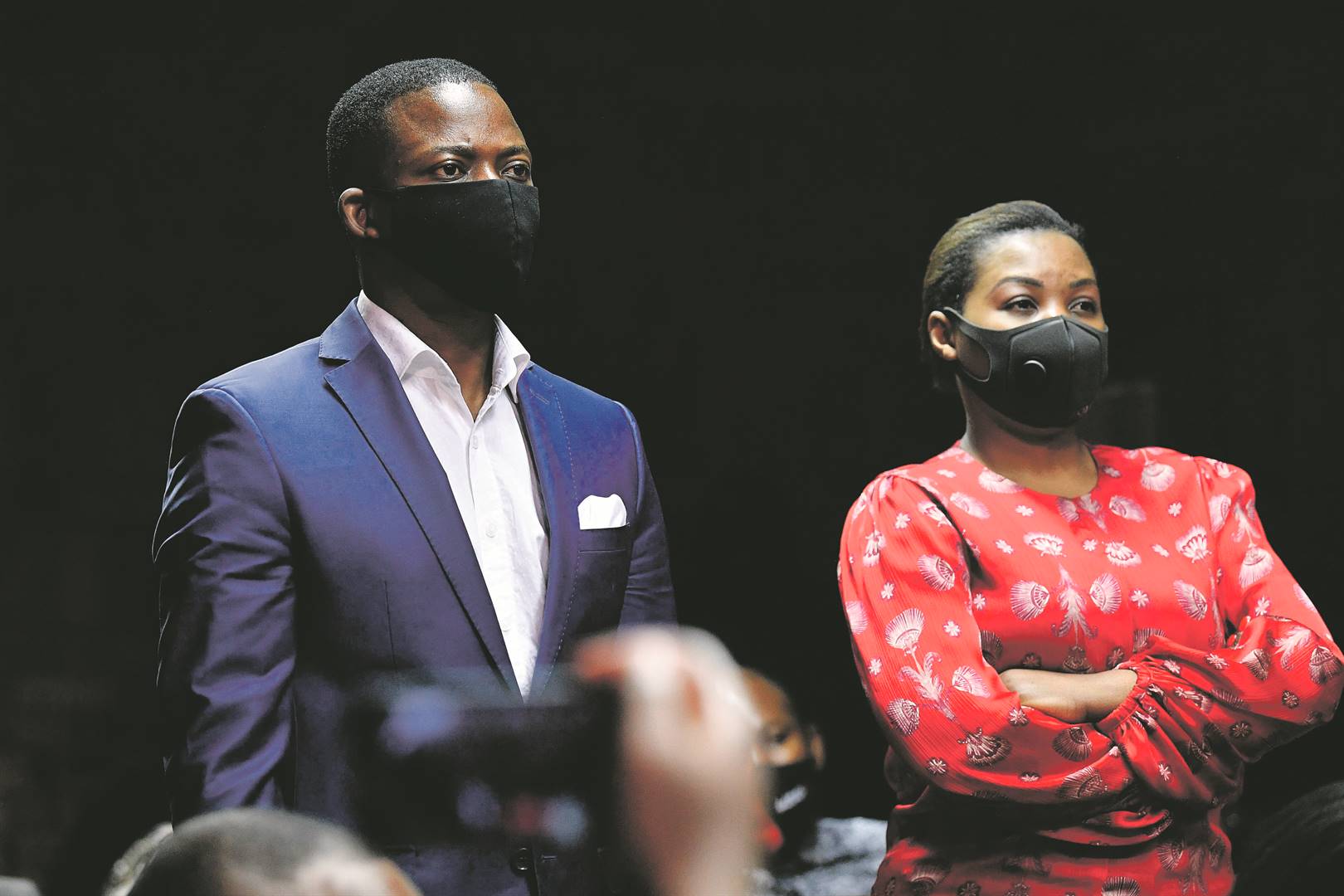News24.com | EXPLAINER | Can the Bushiris be extradited to SA to appear in court? These are the SADC protocols


Shepherd Bushiri has skipped the country, despite bail conditions expressly prohibiting any form of international travel.
Frennie Shivambu, Gallo Images
- The controversial Bushiris who face a fraud and money laundering case have fled to their homeland, Malawi.
- Malawi is a signatory of SADC extradition protocols.
- According to the protocols, a state requesting to extradite needs to submit supporting documents and state the offences the person it seeks has committed.
South Africa on Saturday woke up to news that self-proclaimed prophet Shepherd “Major 1” Bushiri and his wife Mary had left the country and were back in their homeland, Malawi.
The couple left the country amid their ongoing case in which they are accused alongside three others for fraud and money laundering worth R102 million.
Just two weeks ago, the duo was granted R200 000 bail by the Pretoria Central Magistrate’s Court. Among their bail conditions were that they report to their nearest police station every Monday and Friday and not leave the country.
While the Hawks said they had been working on tracking down the couple after they failed to report to the station on Friday, many on social media platforms have been asking if they could be extradited back to South Africa.
What is an extradition?
Extradition was performed when one country handed over a person who faces a crime in another country, outside its jurisdiction, to law enforcement authorities.
Does South Africa have an extradition treaty with Malawi?
Malawi is a member of the Southern African Development Community (SADC) along with South Africa, Angola, Botswana, Democratic Republic of the Congo, Lesotho, Mauritius, Mozambique, Namibia, Seychelles, Swaziland, Tanzania, Zambia and Zimbabwe.
The member states of SADC had a signed agreement and protocol on extraditions.
According to the document, which was signed by the countries on 3 October 2002, the states agreed to extradition, in line with provisions of the set protocols and their respective domestic laws.
Justice Minister Ronald Lamola, through his Twitter page, acknowledged that Malawi was a signatory of the SADC protocols on extraditions, adding that the country would not “hesitate” invoking the provisions in order to assist law enforcement agencies to extradite fugitives of justice.
Malawi is a signatory of the SADC protocol and other legal instruments on extraditions. We will not hesitate to invoke these provisions and instruments to assist law enforcement agencies to extradite fugitives of justice. pic.twitter.com/sUE8pZrfzB
— Minister of Justice and Correctional Services ???? (@RonaldLamola) November 14, 2020
What offences are extraditable according to SADC protocols?
Offences that are punishable under the laws of each member state may lead to extradition. The SADC protocol stated that where a request for extradition was for a person wanted for a sentencing or other deprivation of liberty imposed for the offence, it may be refused if a period of less than six months of the sentence remain to be served.
The protocol also stipulated that extradition may not be refused where a person was sought for an offence related to taxation, customs duties, exchange control or other revenue cases.
It added that the refusal may not be made on the grounds that if the law of the state extradition is sought from, did not impose the same kind of tax or duty or did not contain tax, customs duty or exchange regulations of the same kind as the law of the requesting state.
As part of the SADC protocol mandatory grounds for refusal was if a person whose extradition was requested had been, or would be subjected to torture or cruel, inhuman or degrading treatment or punishment or if the person had not received guarantees in criminal proceedings.
What must happen if one state wants to request an extradition?
A state wishing to extradite shall do so in writing and submit supporting documents which would be sent through diplomatic channels between the respective justice ministries.
A country wishing to extradite a fugitive must give an accurate description of the person it sought as well as relevant information to assist in identifying them.
The protocol also state:
The requested state, if not precluded by its laws, may grant extradition after receipt of a request for provisional arrest, provided that the person sought explicitly consents, before a competent authority, to be extradited.
A state requesting an extradition may apply for a provisional arrest of the person in question. It can do this by sending a request to another state through diplomatic channels, or through the International Criminal Police Organisation (Interpol).
The Bushiris handed their travel documents to the investigating officer and were also barred from applying for any travel documents pending their court case, News24 reported.
Bushiri lambasted the prosecution for taking long, also accusing the investigators for being biased.
He also made several demands to the South African government, asking that his family’s safety be assured before they could return.
He also demanded an assurance that his and his wife’s bail would not be revoked.